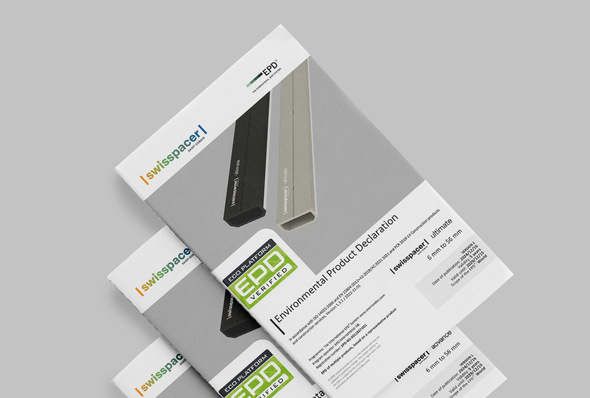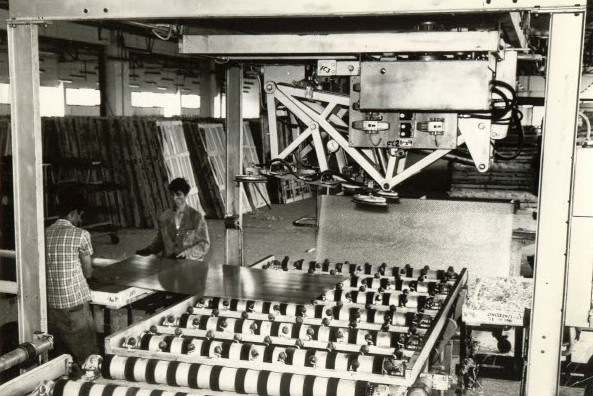Digital technologies and AI are on the advance – also in the glass industry. They hold great potential. Some companies are already using digital and AI tools to optimise products or processes in their value chains.
With the rise of digitalisation the world’s glass industry is entering a new era. Using digital technologies and Artificial Intelligence can help to massively increase innovation and efficiency. The potential they hold for all segments of the glass industry is vast – from the container glass to the flat glass industry as well as from glass machinery to glass processing and finishing. Possibilities are far from exhausted.
See also: The future is an old friend
The world is currently undergoing a digital revolution – driven by AI, data analysis and automation. Just to name but a few advantages, digital tools make it possible to optimise processes, cut costs, increase efficiency and become more competitive. In a nutshell: digital technologies break new ground in terms of quality, growth and innovation.
Valuable potential of using digital tools
1. Process optimisations by data analysis and AI
Progressive data analyses and AI algorithms can be used to optimise manufacturing processes. From raw material sourcing and manufacturing to quality control, AI-assisted data capture and evaluation enable producers to increase efficiency and reduce rejects.
2. Smart maintenance and servicing by means of IoT sensors
Installing IoT (Internet of Things) sensors combined with learning digital instruments can reduce service and maintenance expenses and identify defects, errors or necessary repairs of machines and technical equipment early on, avoiding extra manpower expenditure and long, costly downtimes.
3. Virtual Reality (VR) and Augmented Reality (AR) in design and production
VR and AR help to optimise design processes and visualise the finished products faster and better for customers. This applies to both custom “glass” solutions such as container glass design and to customer or staff training. Virtual Reality and Augmented Reality already form an integral part of this industry – and will increasingly do in future.
4. Quality control and inspection by image processing
Extremely advanced image processing techniques and tools are needed to enable machine vision and, hence, an extremely precise quality control and visual inspection of glass products. Defects or irregularities can be quickly detected and remedied this way. This positively impacts product quality and substantially reduces rejects.

Matthias Rehberger
These are just four benefits of digital tools but one thing is for sure: digitalisation is changing the glass industry and opening up entirely new avenues for many companies – from more efficient processes and optimised production workflows to innovative automation solutions. The use of digital and AI tools is progressing – in the industry just as much as with glass producers and companies involved in the glass cycle.
Here are four examples and use cases for the deployment of digital tools in the glass industry from companies that will be exhibiting at glasstec 2024:
Case 1: Şişecam uses AI to improve colour quality in glass production and optimise carbon emissions
With its Glass Color Optimization Project (CROP), Şişecam shows how Artificial Intelligence in combination with machine learning can not only improve the colour quality but also reduce carbon emissions. The system automatically identifies colour differences in the production process. This improves the colour quality while reducing production waste – and, hence, carbon emissions. CROP aims to create an infrastructure to quickly identify and eliminate colour differences. The root causes for colour issues are to be found and removed with the help of AI models.
Case 2: Saint-Gobain enhances its digital solutions portfolio to accelerate customers’ decarbonisation
Saint-Gobain develops, manufactures and distributes materials and services for the construction and industrial markets. In January 2024 Saint-Gobain announced the acquisition of another specialist for digital solutions. The advanced control systems and simulation software of the acquisition candidate make it possible to reduce energy consumption in glass furnaces. Closing of the transaction is subject to antitrust approvals and is expected by the end of the first half of 2024. Saint-Gobain’s digital solutions form part of their strategic plan “Grow & Impact” which aims to offer customers end-to-end solutions and accelerate the decarbonisation of their products and processes.
Case 3: AGC and Citrine Informatics cooperate to develop new glass technologies using AI
AGC Glass Europe and the technology platform Citrine Informatics are cooperating in the field of Artificial Intelligence to accelerate the next generation of glass. After all, there is great demand for the optimisation of optical and mechanical properties of especially scratch and abrasion-resistant glass in both the automotive and communications industries worldwide. The Citrine platform derives independent AI models from the AGC measured data and then gradually tests the proposed materials. Citrine improves these models using sequential learning processes oriented towards identifying the ideal process conditions. This kind of AI-based material development promised to be the future of the material industry.
Case 4: BISS.ID for seamless digital product labelling, rack management, product tracing and documentation
The up-and-coming start-up BISS.ID offers a platform that simplifies the digital data exchange in the construction supplies and construction elements sectors. Manufacturer’s individual product data is to be made easily available to business customers, specialist retailers, installers and end users in a cloud-based IoT environment. The big benefit for the glass industry: This digital platform makes it possible to map product labelling complete with rack management and the logistics process starting with shipping from the IGU manufacturer. In addition, GPS trackers can be integrated, the data transfer of rack and customer data can be synchronised, order data exchanged and digital delivery bills generated complete with full documentation. BISS.ID will join the fray as part of the Start-Up Zone at glasstec 2024.














